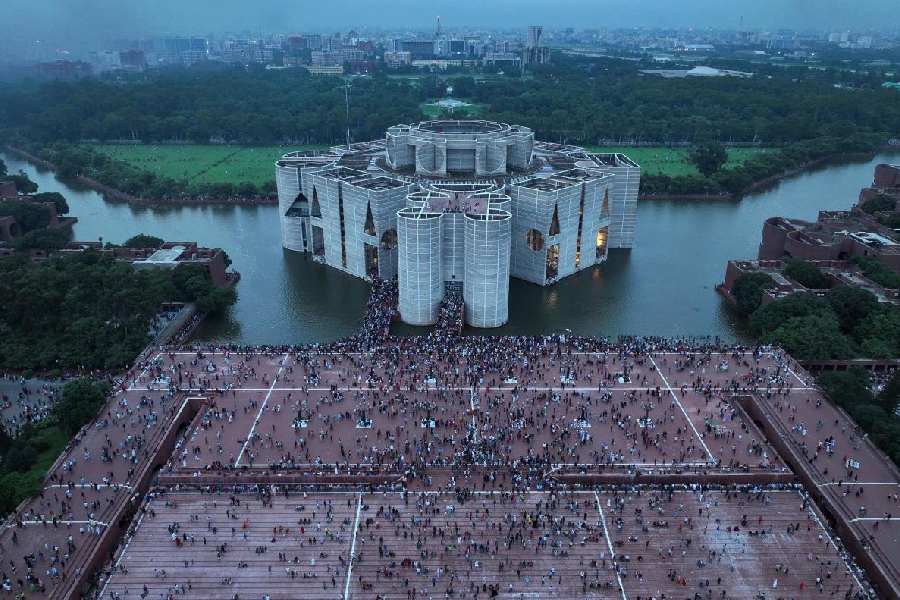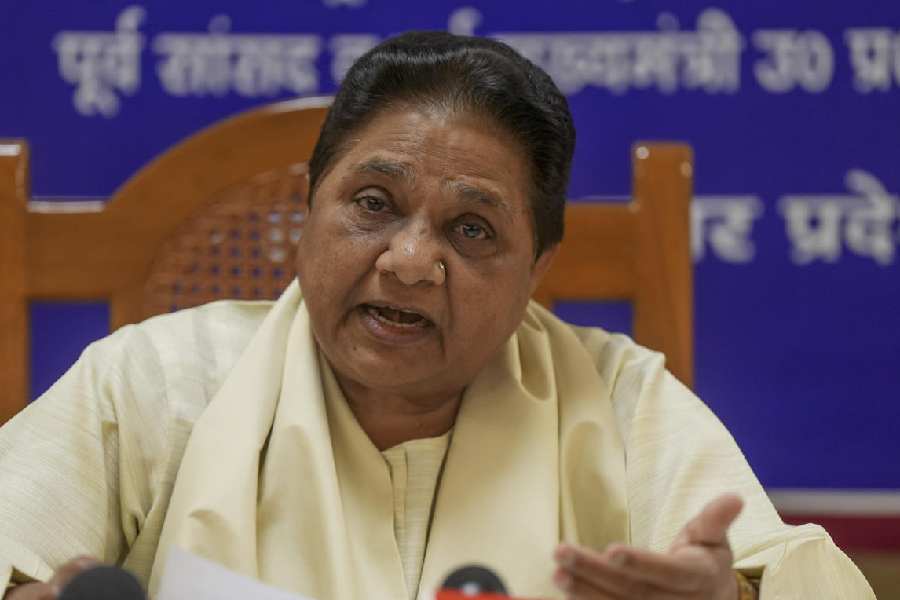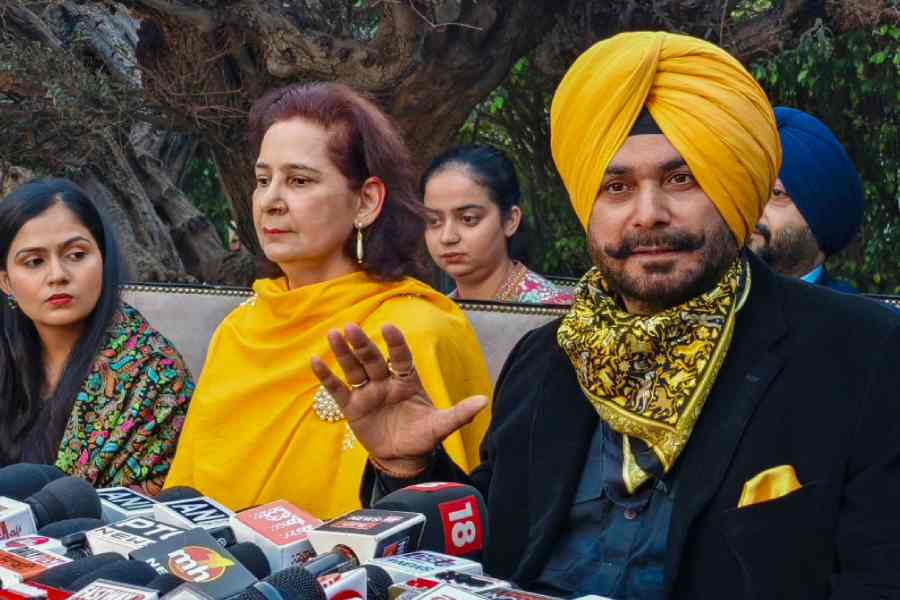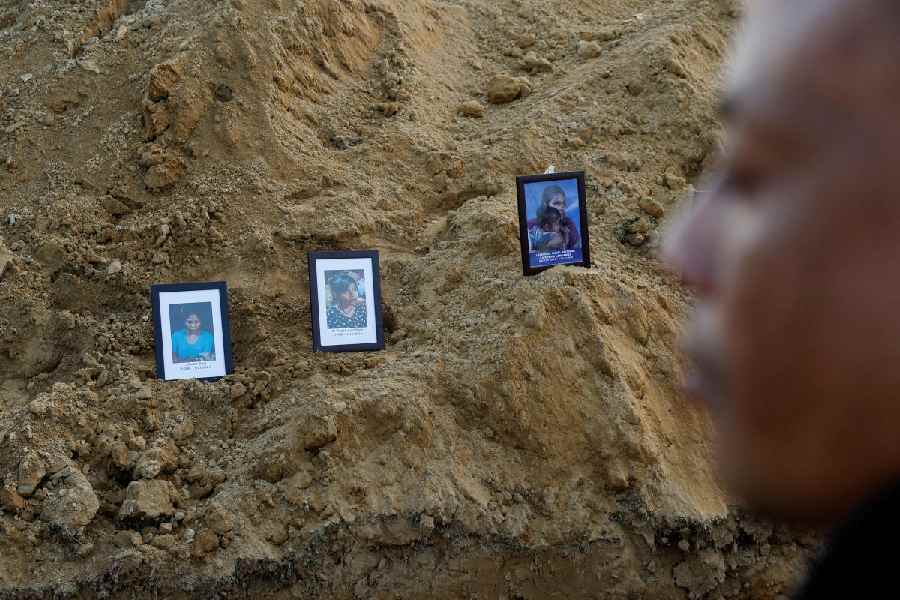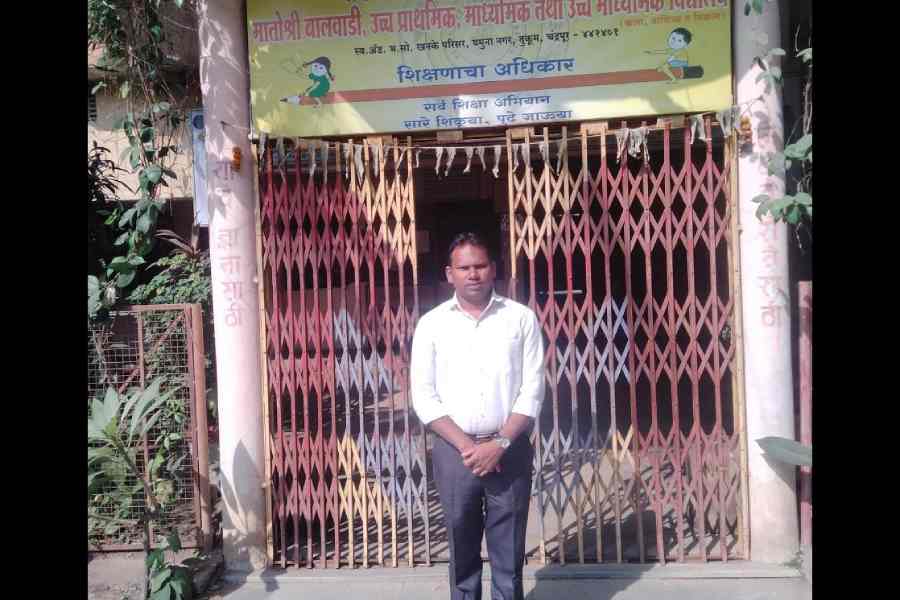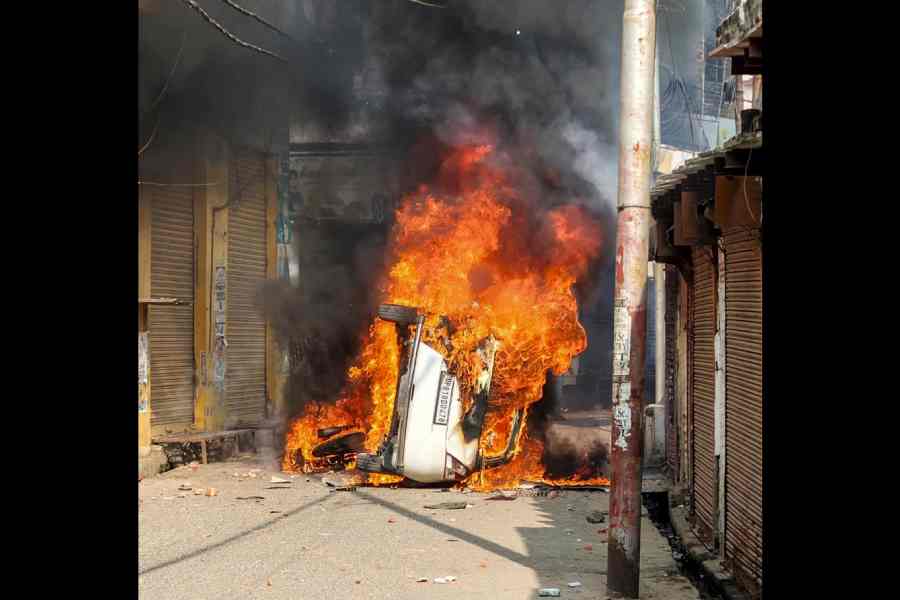A 51-year-old communication strategist who lives in north Dhaka’s Basundhara saw a sea of people on the streets. He spoke of celebratory marches, scenes of jubilation and also how some people were using the opportunity to vandalise and loot.
The Dhaka resident spoke to Metro on condition that he would not be named
People are now stepping out without fear. There is no longer the looming threat of clashes between police and the protestors, or between supporters of the Awami League and the anti-quota movement. I saw a sea of people walking through the streets. There is a sense of relief after the days of clashes.
Since July 18, Bangladesh has witnessed violent clashes. We are anticipating an end to that.
There is a mood of joyous celebrations on the streets. My 21-year-old son went out in the afternoon and we did not stop him. Usually, people would restrain their dear ones from going out at such a time, but we did not.
But I will also say that many people are not happy with the looting and vandalism that is taking place. These are people who are opposed to Sheikh Hasina and are taking advantage of the situation. I saw the Prime Minister’s official residence being vandalised. The Prime Minister’s residence is a national property, not any person’s or party’s.
The residence of Sheikh Mujibur Rahman, which is now a museum, has been vandalised. The residence of the home minister was also attacked.
The anger is directed at Awami League leaders or those who enjoyed proximity with Sheikh Hasina’s government. A few houses and establishments belonging to Awami League leaders have been vandalised, too.
The statue of Sheikh Mujibur Rahman that was hit with a hammer, a scene that was broadcast on TV channels, is located outside the Prime Minister’s office in central Dhaka.
Almost the whole of Bangladesh listened to what the army chief had to say in the afternoon (General Waker-Uz-Zaman addressed a news conference after meeting leaders of many politicalparties). Most Bangladeshis are now pinning hope on the army to restore order and peace.
But many of us are also talking about the fact that the army chief’s meeting did not have any student leaders. It did not have a leader from the Awami League either. Hasina was forced to resign because of a movement by students. The army or whoever leads the next government should sit with the leaders of the student protests.
Common people with no links with any political party lent their support to the students’ movement. The anger against Hasina was there but it erupted when common people saw how security forces brutally tortured and killed the students. Most of those killed were not even 25.
Since July 18, the streets of Dhaka have witnessed frequent clashes.
Offices and schools were closed for many days. Normal life had been halted.
People now hope that normality will be restored.

